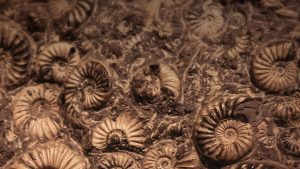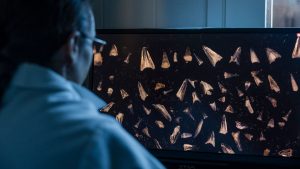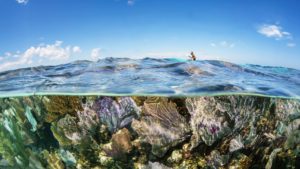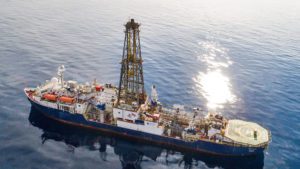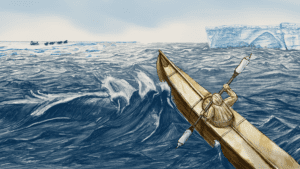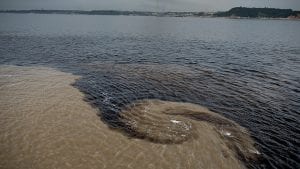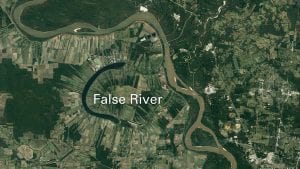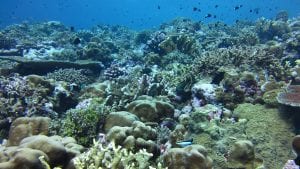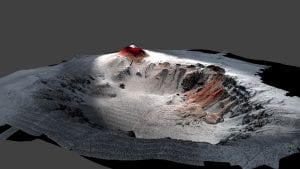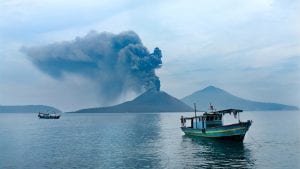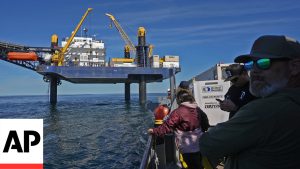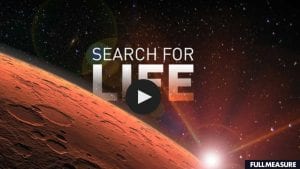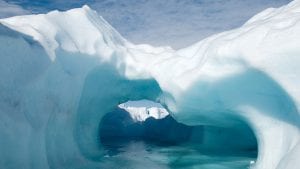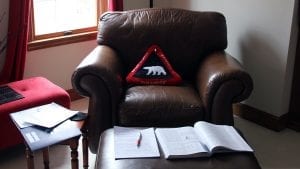Research Highlights
Oceanus Magazine
News Releases
A new study from researchers at the Woods Hole Oceanographic Institution (WHOI) and Harvard University may help settle a long-standing question—how small amounts of organic carbon become locked away in rock and sediments, preventing it from decomposing. Knowing exactly how…
Over the last century, many of the world’s major rivers have been modified for the purposes of flood control, power generation, and commercial navigation. A new study out of Woods Hole Oceanographic Institution suggests that engineering modifications to the Mississippi River interact with the have increased the risk of extreme floods to unprecedented levels.
The rising acidity of the oceans threatens coral reefs by making it harder for corals to build their skeletons. A new study identifies the details of how ocean acidification affects coral skeletons, allowing scientists to predict more precisely where corals will be more vulnerable.
A new paper published January 10, 2018, in the journal Science Advances describes the first up-close investigation of the largest underwater volcanic eruption of the past century. The international research team led by the University of Tasmania and the Woods Hole Oceanographic Institution (WHOI) used the autonomous underwater vehicle (AUV) Sentry and the remotely operated vehicle (ROV) Jason to explore, map, and collect erupted materials from the Havre volcano during a 2015 expedition. They found that the eruption was surprising in many ways.
A new study published in the journal Science Advances changes our understanding of how volcanic arc lavas are formed, and may have implications for the study of earthquakes and the risks of volcanic eruption.
News & Insights
First-of-its-kind research expedition studies massive freshwater aquifer under the ocean floor off Cape Cod
This week, NASA’s Perseverance Rover lands on Mars to continue the search for life on the Red Planet. At the same time, WHOI scientists and engineers are applying their experience exploring the deepest parts of planet Earth to the quest…
As glaciers melt at unprecedented rates, WHOI’s Simon Pendleton is looking back to historical records to predict whether this new cool runoff will slow ocean circulation and cool the northern hemisphere––findings which could mean adjustments to some climate predictions.
WHOI looks back at the legacy of co-founder of MIT-WHOI Joint Program, former Director of Research and Provost at WHOI, Art Maxwell
As I reached the end of April, I realized that too much of my time was getting consumed by zoom calls and email in a bid to over-compensate for not being able to interact with people on-site at WHOI. So…

